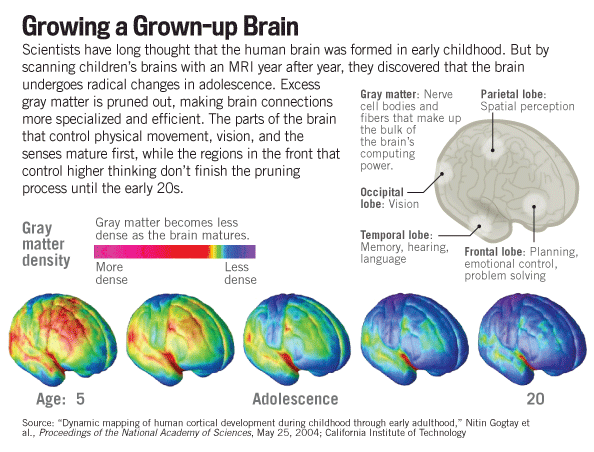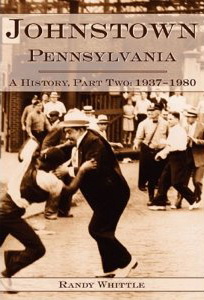The other day, I was imagining a conversation between our U.S. elected officials about the Smurfs. On one side of the aisle, the rhetoric would go something like this: “I believe that Poppa Smurf represents Karl Marx. He is not the leader of the Smurfs but an equal who is admired by the others for his age and wisdom.” Then they might say, “And Brainy Smurf represents Trotsky, as he is the only one who comes close to matching Papa’s intellect. He wears round glasses, is often isolated, ridiculed for being too professorial and is even ejected from the village for his ideas.”
Furthermore they might add, “The smurfs don’t have private property, have adopted a collective-style economy and no individual Smurf is represented as either superior or inferior to others.” Someone would yell out, “They probably even have healthcare for everyone!” Consequently, the conclusion from one side of the aisle would be that the Smurfs are Socialists and are destroying the fabric of our society.
Then the other side might say something like: “Gargamel represents capitalism and embodies all the negative attributes associated with that economic system, such as greed, ruthlessness and the pursuit of personal gratification.” “Gargamel is the quintessential symbol of Wall Street and will take his billions in tax cuts but never create even one job,” this side would say. At the same time, they might surmise that, “Azrael represents the worker in the ruthless, free-market state that is Gargamel’s house, and his union must be busted!” Their final conclusion would be that, “The wealthy are taking all of our money and destroying the middle class.”
Is it any wonder we can’t get a debt ceiling bill?
One of my last professional trumpet playing jobs, “Smurfs on Ice,” was nearly 25 years ago. So, Brainy, Jokey, Grouchy, Greedy, and Stinky were all part of my early years, and now they are coming back, but the world is not the same! So, be careful Smurfettes. Don’t invest in the market, real estate or dot.coms. Try to avoid those outrageous credit card interest rates. Don’t, whatever you do, don’t believe what the heads of the big banks and insurance companies are saying, and, for goodness sakes, buy gold, or maybe buy precious blue stuff.
When I was a kid, I was on journey to learn. So, when my dad bought me a box of vocabulary words and helped me learn ten new words every night, it wasn’t because he wanted us to grow up and be rich. To him, the most important thing that he could do for his children was to make sure that they got an education. He was all about the awareness that comes from exposure to information.
It started for me as a simple challenge to read the Bobbsey Twins books, and then the Hardy Boys, and from there, works by Mark Twain, Shakespeare, Dickens, Poe, Roth, Hemmingway and Tolstoy. Going through life without all of these friends would have been an empty and lonely journey. I’ll never forget when my brother, a young teacher at the time, introduced me to his classical record collection. Yes, I was a trumpet player, but when I discovered Mahler, Beethoven, Mozart, Bach, Wagner, Brahms, Handel, Stravinsky, Chopin, Mendelssohn, Berlioz, Bartok and Sibelius, my life was changed forever. Between the written word and the music, the mysteries, joys, challenges and humanness that is life became more apparent to me every day.

We have migrated away from anything but basic education and our favorite pastimes are video games, celebrity magazines and reality TV shows. Maybe that’s why we seem to have lost our way in this country. We no longer embrace a culture of open mindedness, understanding and compromise. Is it any wonder our U.S. Representatives can’t work together? Maybe they are simply unenlightened…Maybe they all need to spend some time with the Smurfs and read a few blue books.





 One of my many college roommates, Mark, graduated with a perfect, straight-A GPA. In those days the grade point average indicating perfection was a 4.0. He worked harder than anyone I had ever known, and hardly took even a few minute break from studying. For all intents and purposes, he had virtually NO social life, and, except for the occasional pinochle game and a coke-and-pizza break between study sessions, Mark was 100 percent committed to perfection in his grades. As he became more and more sure of himself over the years, he would walk into our apartment and yell out, “Another day, another A!” and mean just that.
One of my many college roommates, Mark, graduated with a perfect, straight-A GPA. In those days the grade point average indicating perfection was a 4.0. He worked harder than anyone I had ever known, and hardly took even a few minute break from studying. For all intents and purposes, he had virtually NO social life, and, except for the occasional pinochle game and a coke-and-pizza break between study sessions, Mark was 100 percent committed to perfection in his grades. As he became more and more sure of himself over the years, he would walk into our apartment and yell out, “Another day, another A!” and mean just that.




